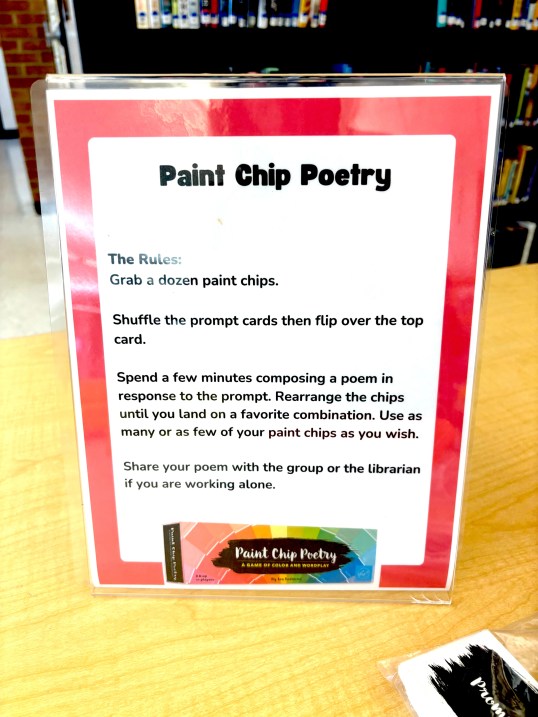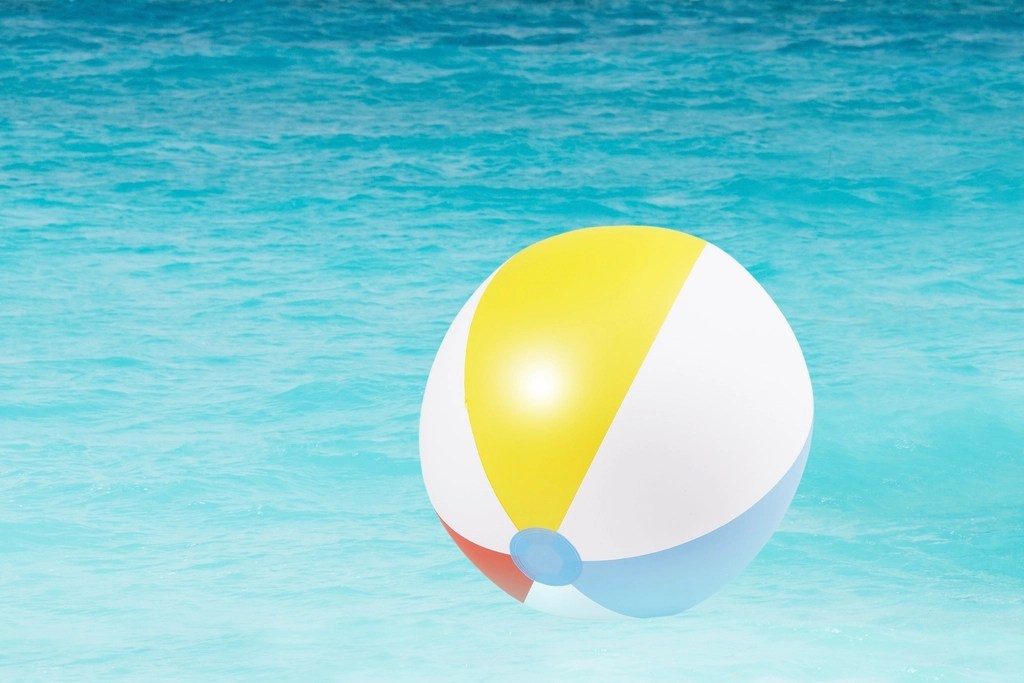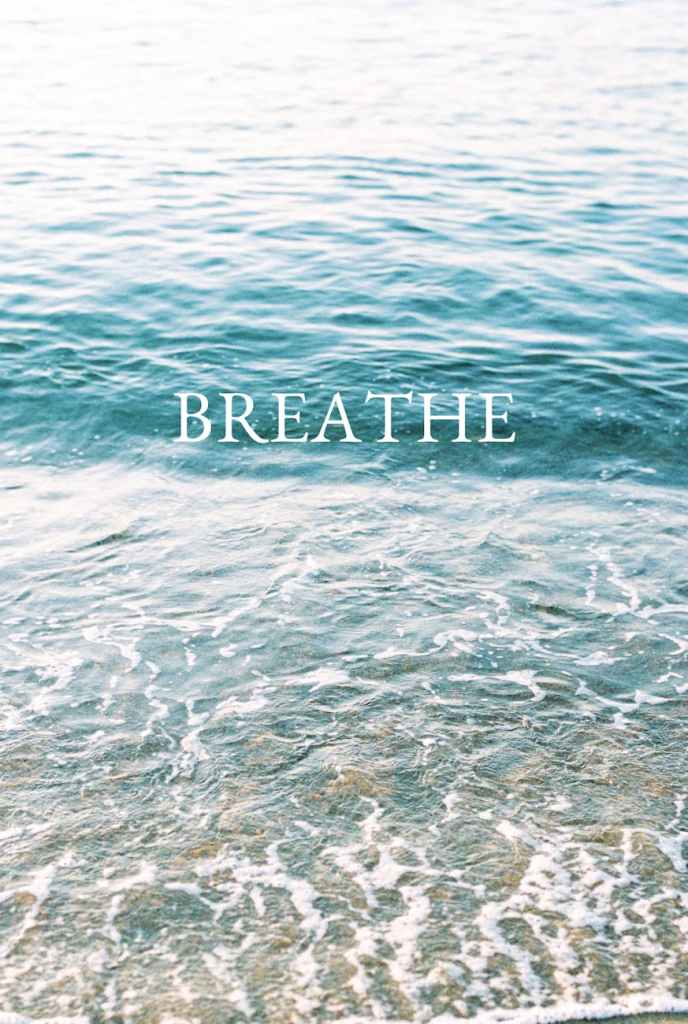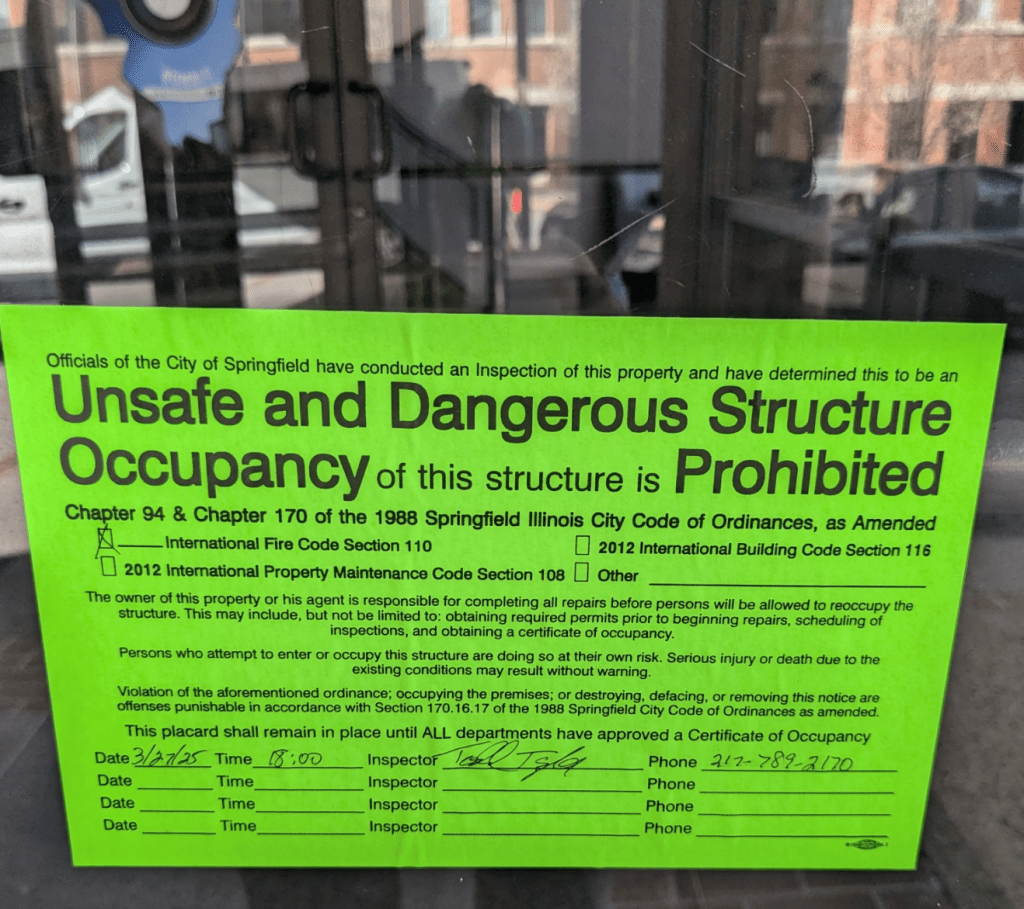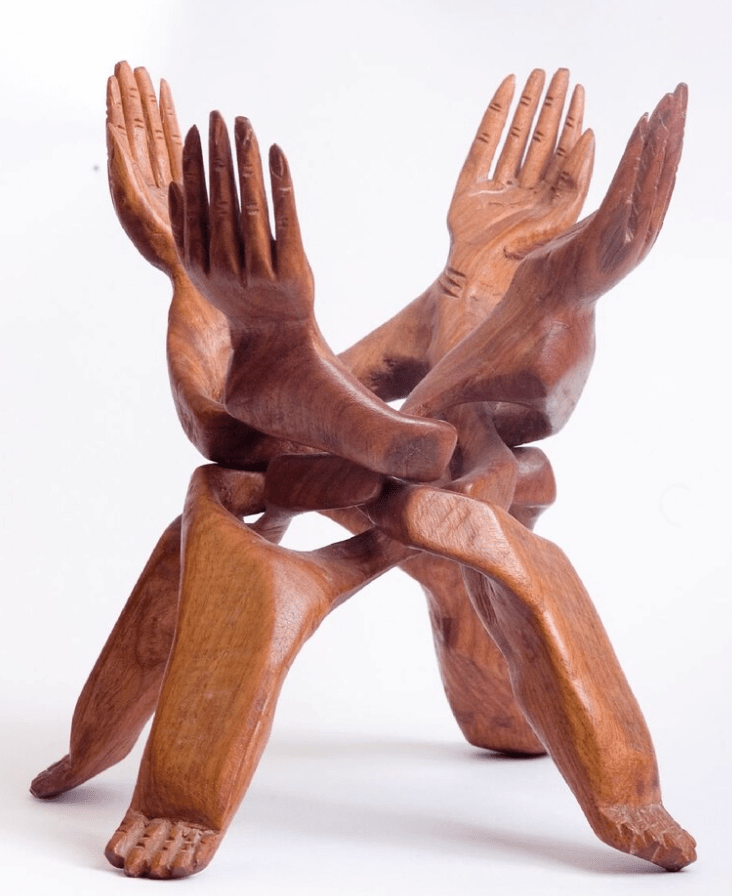
He stands at the pulpit to preach the word
Schooling us on Greek and Hebrew phrase
His self-esteem and status both undeterred
While he leads, and he pleads, and he prays.
He holds his head up high, to look upon his flock
Speaking of the Lord, with his truth and his ways
Scoping and scanning and taking stock
Of the folks in the pews, while he prays.
A perceptive shepherd he’s got his eyes on the sheep
Monitoring the singing the needs and the praise
Especially the young women, who are prone to weep
He notices. He nurtures. He preys.
In spirit he’s Peter; in the flesh Cosby, Bill.
His desires bigger than his Christian ways.
He lures her and offers her a drink, laced with pill.
He plans to take her and make sure she stays. He preys.


